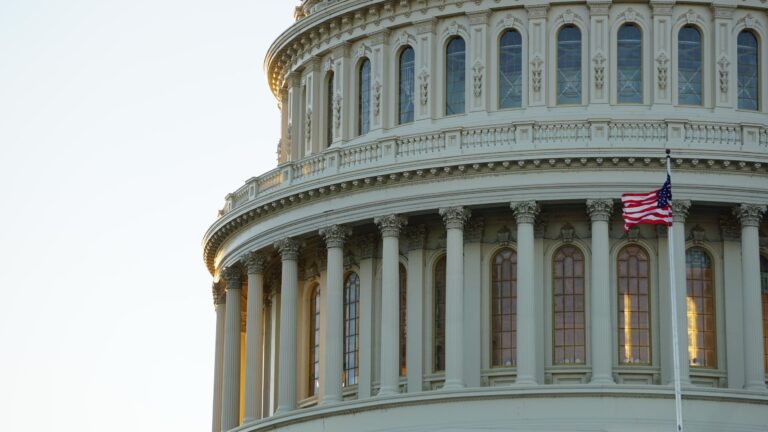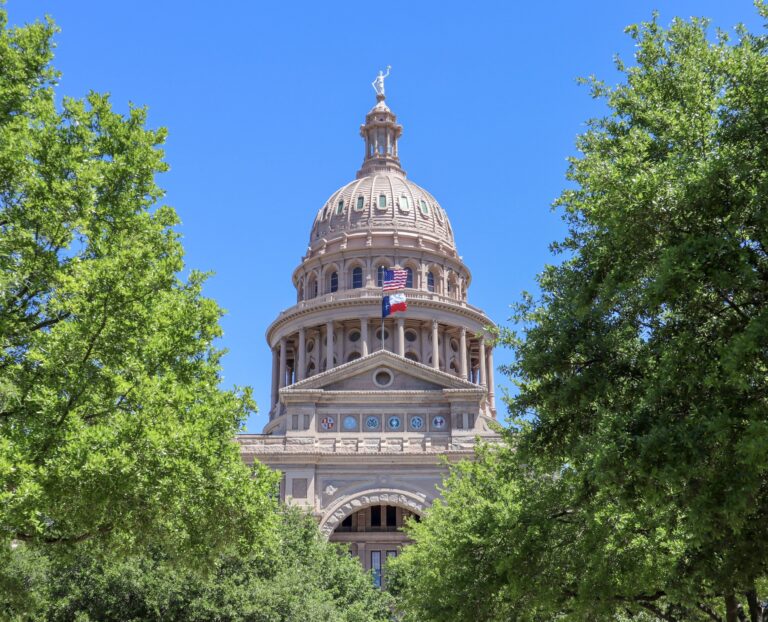The Washington Examiner: With gas stove ban, the Biden administration proposed regulation over innovation
In a confusing interview with Bloomberg, a U.S. Consumer Product Safety commissioner suggested the agency was considering a ban on natural gas stoves, a claim later backtracked by the chairman of the agency after an immediate outcry on social media. The one thing people seem to agree on is they won’t let go of their gas stoves so easily.
Advocates for banning gas hookups in new construction argue that electric stoves are safer and more environmentally friendly, but they ignore that making blanket bans the new normal for environmental policy sets a bad precedent and stifles innovation. Not to mention, a ban on gas stoves would disproportionately affect lower-income communities, including minority-owned mom and pop restaurants , throwing any inkling of environmental justice out the window. Furthermore, until we ramp up renewable energy production, electric stoves are still powered largely by fossil fuels, so our emissions-reduction focus is misplaced.
Regardless of whether we’re talking about banning gas stoves or gas-powered cars, this sort of abrupt, government-driven policy does more harm than good. There’s a reason that California now struggles with rolling blackouts and encourages residents not to charge their electric vehicles due to power shortages.
Too many people already see the environmental movement as one that seeks to take from them and change their way of life, but it doesn’t have to be this way. From promoting veganism and subsidizing electric vehicles in place of combustion engines to suggesting we give up our beloved pets , the environmental movement’s extremist factions have hurt its more fundamental purpose, to help the world prosper, by not meeting people where they are.
To be clear, natural gas is not our enemy. The United States reduced more emissions than any other country from 2005 to 2017 , not because of government edict but because natural gas production exploded during the shale boom. As natural gas is about 50% cleaner than coal , this contributed greatly to U.S. emissions reductions. In fact, emission reductions exceeded what was estimated to be the effect of the failed Obama-era Waxman-Markey Bill. As vice president at the time, President Joe Biden should now know, and inform his administration, that the heavy hand of government is not the effective or popular path forward on energy, the environment, or otherwise.
There’s a better way to protect our environment and the people in it. Environmentalism cannot be divorced from human beings. We should prioritize energy and environmental solutions that better our lives through expert-led innovation and harnessing local knowledge. That’s what the Climate Commitment , a road map for climate action created by Stephen’s organization, is all about: an optimistic approach to fighting for people and the planet.
The Climate Commitment is an approach that pushes back on the notion of government control in favor of harnessing the power of American ingenuity to create bigger and better solutions to the environmental challenges we face. Rather than advocating the outright banning of gas stoves, this brand of climate action would incentivize innovation to make this technology and others cleaner and safer for future generations.
Instead of igniting culture wars over gas stoves, the Biden administration should shift its focus to more productive conversations and solutions. There’s a better approach, and the mainstream environmental movement needs to embrace it.
Read the original here.







